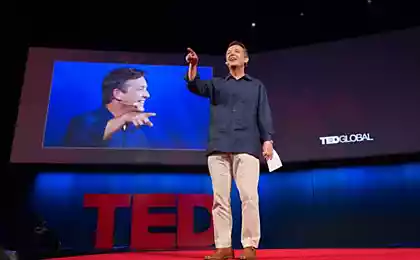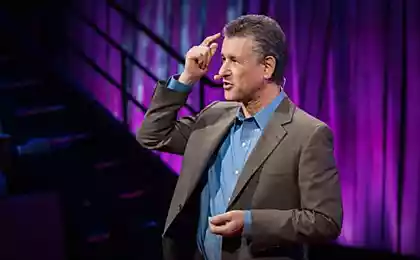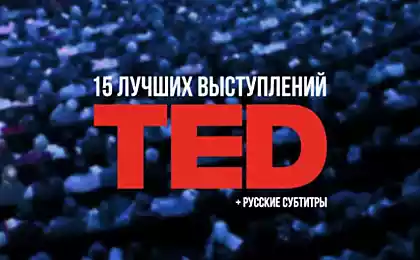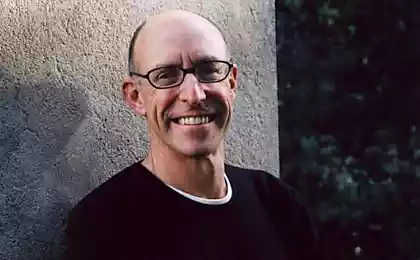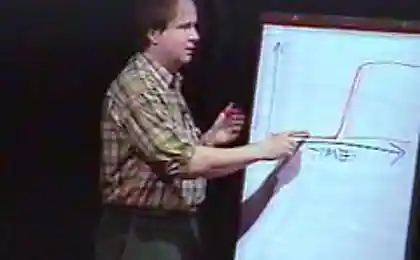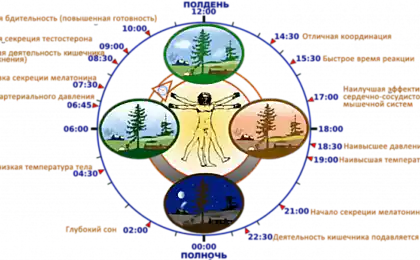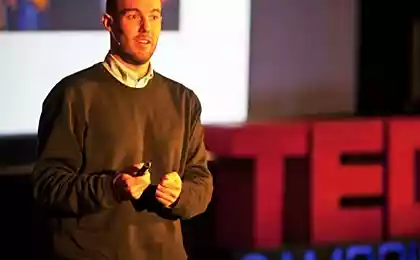562
Jason fried: People spend 80 hours on something that can be done in 30
When 15+15+15+15 is not equal to 60. Co-founder of Basecamp, author of ReWork and Remote, bestselling Jason fried talks about how people spread its most valuable resource — time.
Remember the first time someone asked you, which is heavier, a pound of fluff or a pound of lead? You might have fallen into this trap. I'm sure you are.
A pound is a pound! No brainer!
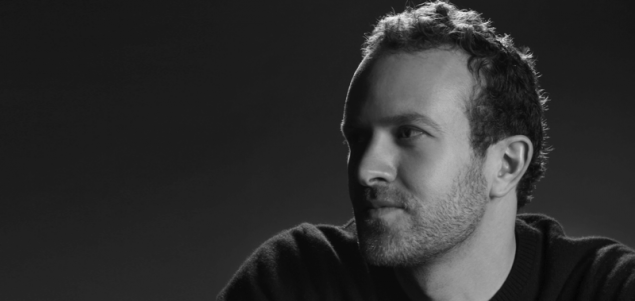
But it is not applicable to the time. Yes, every hour can be 60 minutes, but the resemblance ends there.
For example, take the big stone and this pile of rubble. Assume that once the rubble was a large stone. With the same weight, same total weight, same color, made of the same material. At first they were exactly the same.
What does it look like your time? It is like a rubble — shattered, destroyed a set of short working moments? Or is it rock — solid, one-piece, continuous?
You have 60 minutes? Or do you have 15 minutes, 10 minutes, 25 minutes, 5 minutes and 5 minutes?
Look at the mechanisms that you use demands that you build a schedule that should be followed. What they give you — a large stone or pile of rubble?
Recent conference Learn Startup I spoke with an audience of more than 600 people. I asked: "Who here can remember 4 hours of continuous operation at any time during the last 5 years?" Maybe 20 or 30 people raised their hands. Of the more than 600.
It's sad. This suggests that fragmentation is everywhere. And the situation is getting worse, not better.
A couple of years ago I talked about this at the TED conference.
Since then it has only gotten worse. Now it is not only meetings and managers, but also chat, notification, the need to be always connected. All of this negatively affects your own time. Makes gravel out of your stones.
If once all this was seen as a disease, it is now possible to state the epidemic. No wonder people spend 80 hours on something you can make in 30.
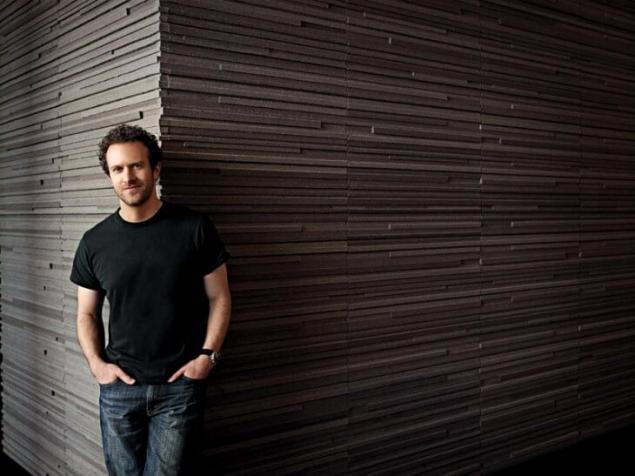
Time is the most valuable thing we have, but we break it up and scatter them, as if we have an infinite amount. And no matter how much time you have, attention you even less.
Also interesting: Time heals, but not all...
A long time
So... take care of large stones. Hoard them. Protect them. Don't let work crush them into smaller pieces. But if you are a Manager, leader or business owner, take responsibility to protect and preserve the time and attention of your employees. Think of it as the most valuable resource. That's because it really is.published
Source: ideanomics.ru/articles/8135
Remember the first time someone asked you, which is heavier, a pound of fluff or a pound of lead? You might have fallen into this trap. I'm sure you are.
A pound is a pound! No brainer!

But it is not applicable to the time. Yes, every hour can be 60 minutes, but the resemblance ends there.
For example, take the big stone and this pile of rubble. Assume that once the rubble was a large stone. With the same weight, same total weight, same color, made of the same material. At first they were exactly the same.
What does it look like your time? It is like a rubble — shattered, destroyed a set of short working moments? Or is it rock — solid, one-piece, continuous?
You have 60 minutes? Or do you have 15 minutes, 10 minutes, 25 minutes, 5 minutes and 5 minutes?
Look at the mechanisms that you use demands that you build a schedule that should be followed. What they give you — a large stone or pile of rubble?
Recent conference Learn Startup I spoke with an audience of more than 600 people. I asked: "Who here can remember 4 hours of continuous operation at any time during the last 5 years?" Maybe 20 or 30 people raised their hands. Of the more than 600.
It's sad. This suggests that fragmentation is everywhere. And the situation is getting worse, not better.
A couple of years ago I talked about this at the TED conference.
Since then it has only gotten worse. Now it is not only meetings and managers, but also chat, notification, the need to be always connected. All of this negatively affects your own time. Makes gravel out of your stones.
If once all this was seen as a disease, it is now possible to state the epidemic. No wonder people spend 80 hours on something you can make in 30.

Time is the most valuable thing we have, but we break it up and scatter them, as if we have an infinite amount. And no matter how much time you have, attention you even less.
Also interesting: Time heals, but not all...
A long time
So... take care of large stones. Hoard them. Protect them. Don't let work crush them into smaller pieces. But if you are a Manager, leader or business owner, take responsibility to protect and preserve the time and attention of your employees. Think of it as the most valuable resource. That's because it really is.published
Source: ideanomics.ru/articles/8135
